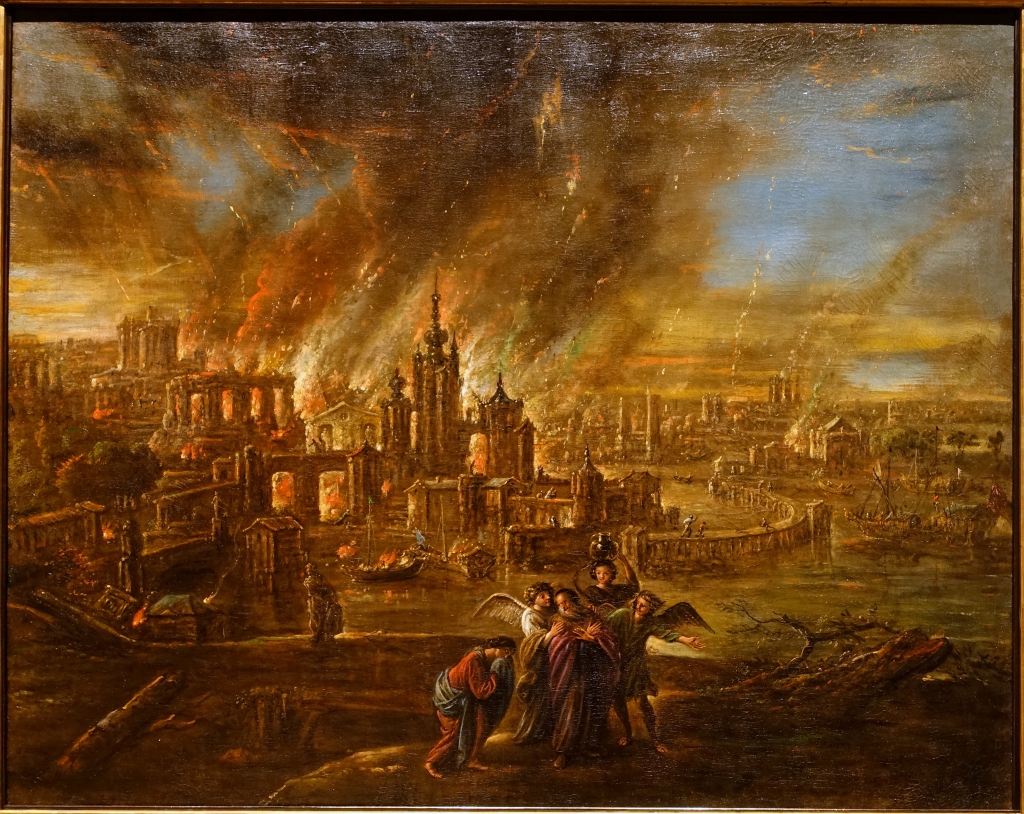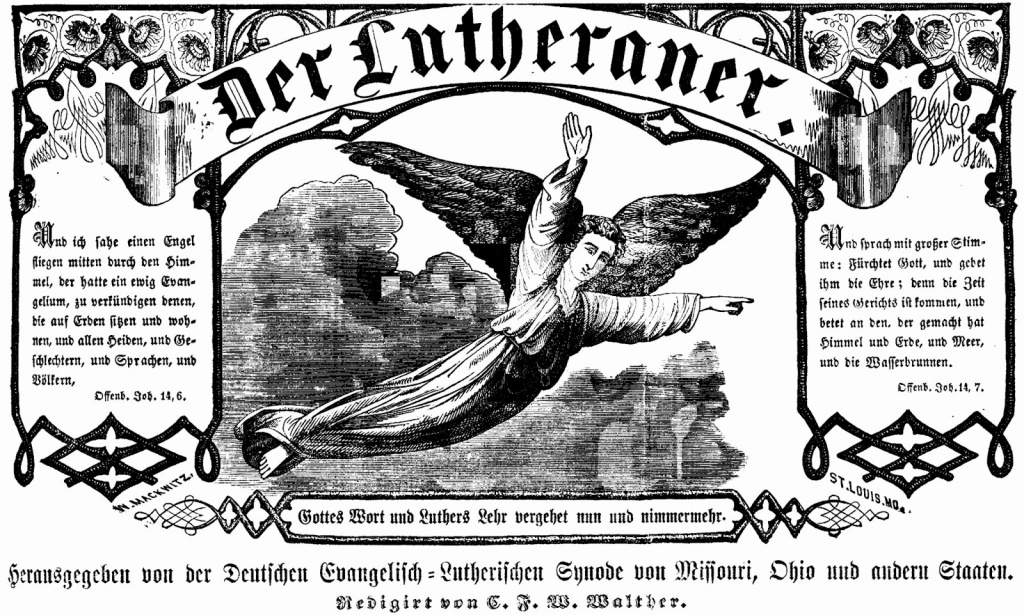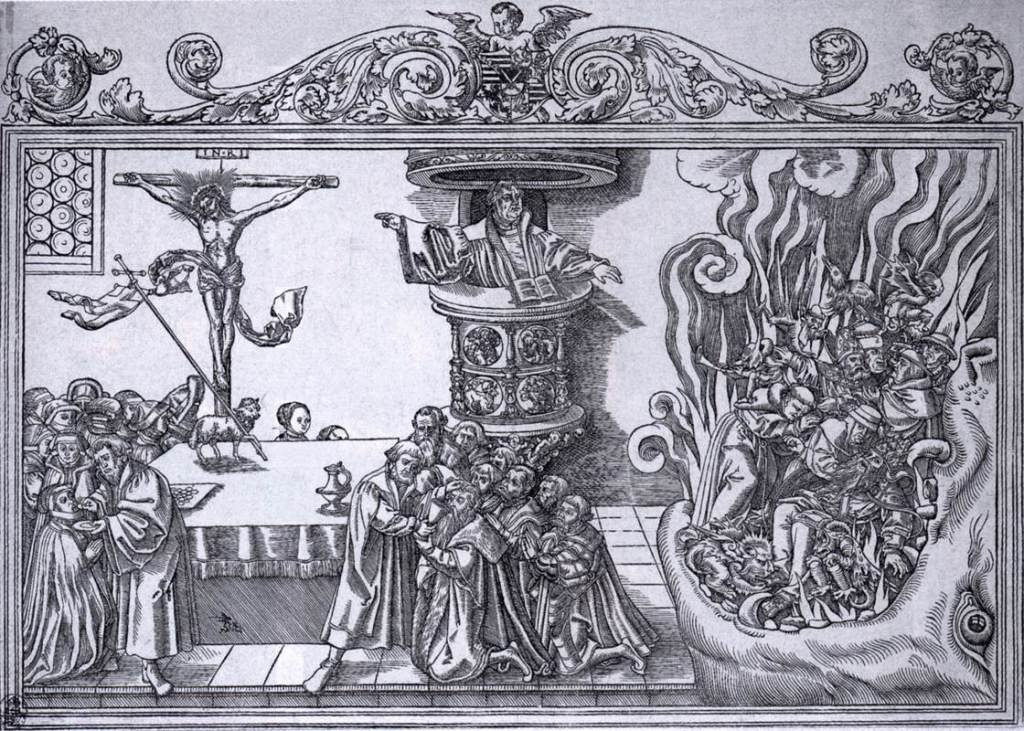In June, the United Nations’ Independent Expert on sexual orientation and gender identity, Victor Madrigal-Borloz, presented a report to the 53rd Session of the U.N. Human Rights Council. In this report the U.N. has decided to condemn the freedom of religion, which is granted by God to all men. After making the absurd contention that religious freedom includes “freedom from religion,” the report then declares that, while “chang[ing] one’s thoughts, religion, or belief” is “a right that is absolute and cannot be restricted by States under any circumstances,” the public expression of religion “can and should be limited by States … when prescribed by law and ‘necessary to protect public safety, order, health, or morals or the fundamental rights and freedoms of others.’” As a reason for this limitation, which could perhaps be understood as a good thing (though not if read carefully), the report gives “violence or discrimination on the basis of sexual orientation or gender identity.” It states further: “States have a duty to protect all persons within their jurisdiction from direct and indirect discrimination on grounds of religion or belief.”
But the report does acknowledge one exception to this “duty” of the State: The State may not force “a religious community” to admit new members or exclude existing ones. It even goes so far as to say that this limitation “can result in women, LGBT persons and members of religious and belief minorities being excluded from aspects of confessional life, or employment in some limited cases such as the case of religious schools.”
But what this report grants with one hand, it takes away with the other. For it immediately follows this up by saying: “States have a duty to create ‘an enabling environment’ where dissenters, dissidents, progressive reformers and activists are protected against violence and harmful practices from the larger religious community, so that they can assert their agency and participate in religious discourse on an equal footing.” So it is the duty of the State, according to the United Nations, to make it so that “progressive reformers and activists” can “participate in religious discourse on an equal footing.” And this is to be called respecting freedom of religion! But would they require the same accommodations for the “conservatives” within the churches, that they should also have “an equal footing” in religious discourse? Of course not! They actually consider “conservative doctrine” and “religious fundamentalism” to be a danger to human rights. It is said to “restrict the full enjoyment of rights by LGBT persons.”
The report mourns the fact that Christian parochial schools “can legally favor students and professionals who share the school’s religious norms and values in admissions and employment.” And why is this a bad thing? Well, because it “can be particularly impactful for LGBT students and staff alike.” And the report goes so far as to say that religious autonomy in “internal administration, admissions policies, and curricula” “can hinder the successful implementation of plans and programs intended to promote diversity-oriented education, comprehensive sexuality education, and gender equality.” — Well, if the religious freedom of us wicked “fundamentalists” hinders those things, then they are self-evidently wicked things. For religious freedom (not freedom from religion, mind you!) is an undeniable good, and that which comes from it must also be good.
The following are given as examples of “oppression”: Kenya’s banning of a pro-sodomite film for its perversions and its demeaning of Christianity and its restriction of sodomite adoption by “applying a strict Christian conservative viewpoint to the legal definition of a family.”
Throughout this report, the author (and the U.N., which has greatly commended this report) promotes the murder of children as a “human right.” Proof enough from whence the modern conception of “human rights” has come.
Eventually, the report tries to enter into the spiritual realm, which it has no business discussing. It speaks in places of “spiritual wellbeing,” which is allegedly damaged by leaving a religion which one does not believe. As antidotes for this damage, it points the reader to such organizations as Catholics for Choice, and such philosophies as Humanism. Are we still to believe that the United Nations respects freedom of religion?
In its conclusions, the report, enthusiastically endorsed by the United Nations (so it must surely represent the greater part of the countries represented there), does the following. First, it again attempts to break out into the spiritual realm and asserts:
Embracing spirituality and faith is a path that must be available to all, including all persons with diverse sexual orientations and gender identities. Human beings often long for a sense of purpose in their lives. For a very large proportion of humanity, spirituality is a fundamental part of this quest, and FoRB is a shield put in place to protect it, as well as protecting the right not to be part of a particular belief.
Next, it rejects all of Christianity with its god Equalism, and says further:
At the same time, in all latitudes there are dark corners where LGBT people are regarded as sinners and second-class citizens who should be scorned and abused. Laws enacted with the aim of mandating standards of conduct purportedly demanded by interpretations of religious dogma effectively deny lesbian, gay, bisexual, and trans and other gender diverse persons the right to equality and, often, equal recognition under the law.
Finally, the report encourages using “hate speech” laws “to combat violence and discrimination” directed towards sodomites. And the other recommendations continue along similar lines. The most notable recommendations given are the following.
The Independent Expert recommends that States:
…
(d) working in collaboration with feminist and LGBT-led and LGBT-serving civil society, including religious groups who work on an inclusive basis, apply principles of inclusion and intersectionality, and challenge essentialist conceptions around sexual and gender identities under both the FoRB and SOGI frameworks;
(e) dismantle laws and policies that criminalize same-sex intimacy or gender identity and repeal laws criminalizing offenses such as blasphemy;
(f) create a safe environment in which all persons who manifest their religion or belief, including LGBT and other gender diverse persons, are free from fear of violence and discrimination and are aware of the distinction between protected speech and hate speech;
…
(h) encourage religious institutions to consider inclusive approaches that facilitate the participation and recognition of LGBT and other gender diverse persons;
(i) engage with faith-based leaders on avenues in which their religious institutions can use their moral standing to prevent and combat violence and discrimination against LGBT and other gender diverse persons;
(j) encourage religious institutions to consider the ways in which representatives will be held responsible in cases in which they promote discrimination against LGBT and other gender diverse persons; and
(k) condemn incitement to violence and discrimination against LGBT and other gender diverse persons, and those who defend their rights, by religious leaders and adherents.
The Independent Expert recommends that faith-based leaders, including persons who are LGBT or otherwise gender diverse and persons who are not:
(a) recognize that sexual orientation and gender identity are diverse around the world and that gender manifests differently in many cultural and social structures and practices, including that many cultures recognize more genders than the male-female binary;
(b) condemn incitement to violence and discrimination against LGBT and other gender diverse persons and those who defend their rights, including narratives portraying LGBT and other gender diverse persons as seeking to recruit others into particular sexual orientations and gender identities, or having contaminating effects among children or others; and
(c) examine the historical role of religious institutions in the perpetration of human rights violations; consider their role in the provision of remedies to injured parties and other measures of redress, including non-repetition, by examining institutional norms, practices and frameworks that may have the effect of creating physical or psychological damage on LGBT and other gender diverse persons; and consider the possible institutional involvement in the perpetuation of laws criminalizing same-sex intimacy and gender identity, in practices of conversion, and in seeking to unduly prevent legal recognition of gender identity based on self-identification.





